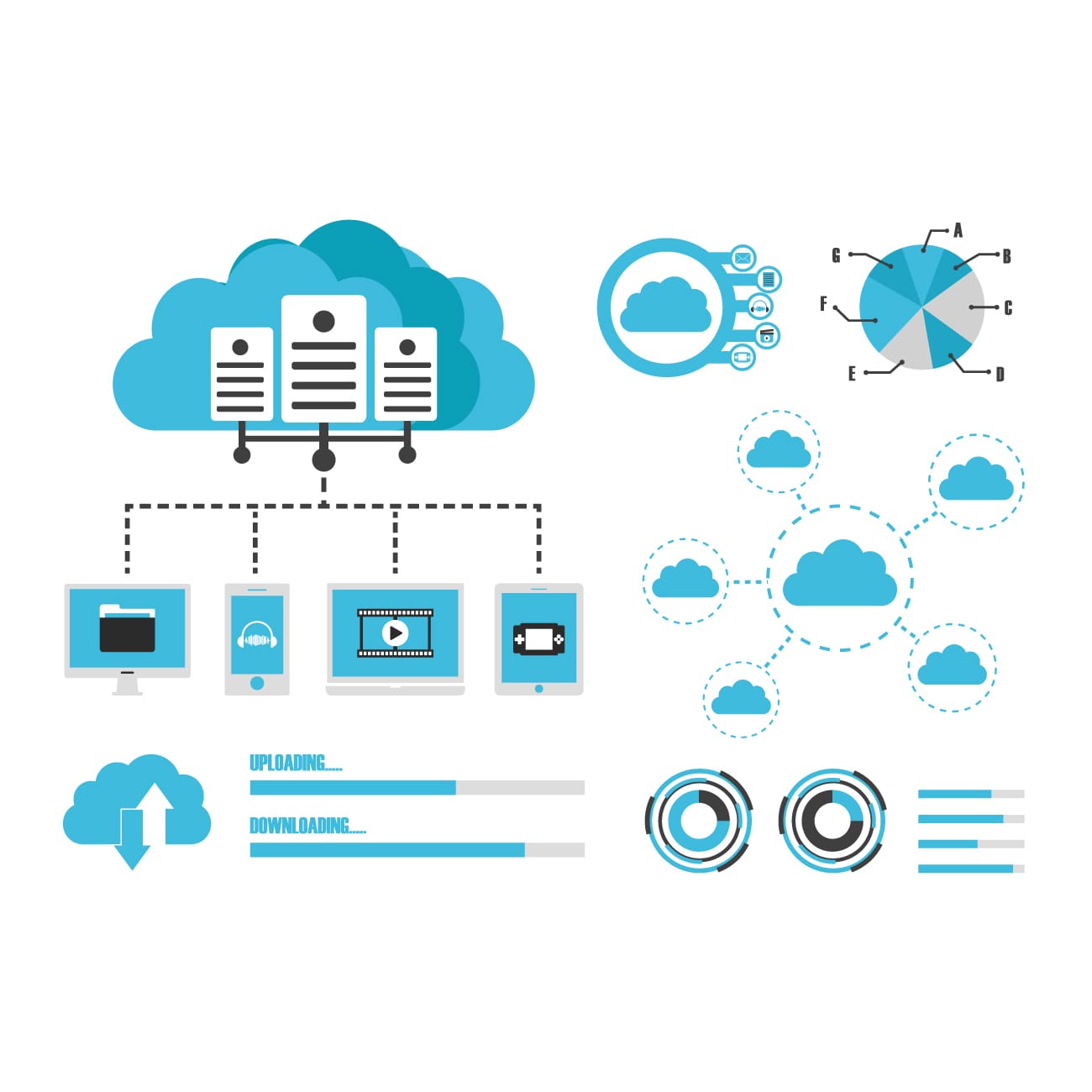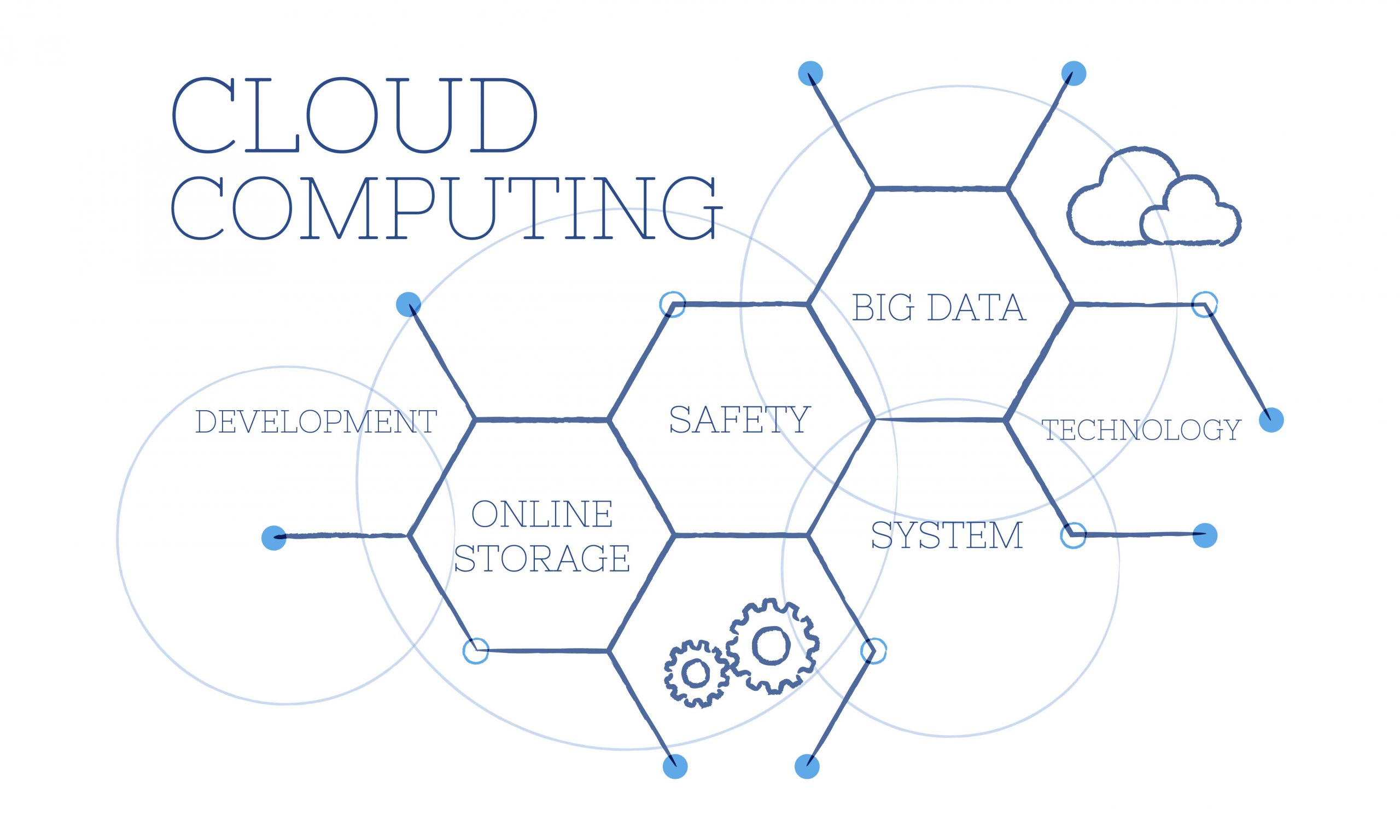Data security and privacy have become issues as businesses depend more and more on cloud services to handle and store their data, especially when it comes to sensitive data.
Conventional cloud computing protects data using a variety of security measures, including access controls and encryption.
However, because these mechanisms rely on confidence in the underlying hardware and cloud provider, they might not offer enough protection for sensitive data processed in the cloud.
In order to close the trust gap, confidential computing was created to process sensitive data in a reliable and secure setting, even when there are possibly compromised cloud providers or hardware.
Let’s examine the principles and operation of confidential computing.

What is Confidential Computing?
A data security strategy known as “confidential computing” makes it possible to process and store private data in a reliable and secure setting. It encrypts data and maintains its confidentiality even from the processing infrastructure, safeguarding it while it’s in use, at rest, and in transit.
Providing a trusted execution environment (TEE) that guarantees data security and privacy throughout the whole processing lifecycle is the main goal of confidential computing.
Secure enclaves and trusted platform modules (TPMs) are two examples of hardware-based security mechanisms that TEEs use to safeguard data from unauthorized access, including by privileged users.
Simply put, isolated hardware elements that establish a secure execution environment within a processor are known as secure enclaves. They can run programs and code independently of the rest of the system, protecting the privacy and accuracy of the data they handle.
Two examples of secure enclave-based confidential computing technologies are ARM TrustZone and Intel SGX.
What is the process of Confidential Computing?

A collection of tools and methods known as “confidential computing” are designed to safeguard data and applications while they are being processed, as this is when private information is most susceptible to manipulation or unauthorised access.
Before data is processed, it is usually unencrypted in memory. Security lapses result from it.
This issue is resolved by confidential computing, which makes use of a trusted execution environment (TEE), a safe haven inside a CPU guarded by built-in authentication and encryption keys.
Data is encrypted in memory while it is processed in a TEE until the application tells the TEE to decrypt it so it can be processed.
In addition to offering a secure environment for processing data, the TEE guards against unwanted access to the data and encryption keys. The TEE can guarantee the confidentiality and integrity of the data even in the event that the underlying host environment is compromised.
Data in a TEE is invisible to the operating system, hypervisor, and other resources in the compute stack while it is being processed.
This adds an extra degree of security by preventing access to the data by cloud providers and their staff.
Organizations can defend their sensitive data and applications against a variety of security risks, such as malware, root user exploits, and other sorts of attacks, by utilizing TEEs and other confidential computing technologies.
The Benefits of Implementing Confidential Computing

The following are some justifications for using confidential computing in organizations.
1. Protect sensitive data
Sensitive data, including medical records and personal information, is better protected with the use of confidential computing. The confidentiality of this data is maintained throughout processing thanks to the use of encryption and other security measures.
2. Meet compliance requirements
Strict compliance regulations, like GDPR and HIPAA, apply to many industries. Organizations can comply with these regulations by using Confidential Computing, which guarantees the security of sensitive data during the entire processing lifecycle.
3. Facilitate safe cooperation
While working with vendors and other outside parties is sometimes necessary for businesses, sharing sensitive information can be dangerous. By allowing enterprises to share data in a secure setting while maintaining data confidentiality and protection from outside threats, confidential computing can aid in the facilitation of safe collaborations.
4. Increase Trust
Confidential computing can increase participant confidence by ensuring that sensitive data is handled securely and openly. In situations where multiple parties are involved, like supply chain management or financial transactions, this can be extremely important.
5. Cost Savings
Additionally, Confidential Computing can lower the price of data breaches and noncompliance. Businesses can save money on legal fees, fines, and other expenses by averting these incidents.
The Confidential Computing Consortium: What Is It?
A cooperative group of tech companies and organizations, the Confidential Computing Consortium (CCC) seeks to advance the development and adoption of trusted execution environments.
Its goal is to create open standards and frameworks that let programmers create and implement secure software in a variety of computing environments, including edge devices, public and private clouds, and on-premises data centers.

Open governance and cooperation among its members—which include well-known tech giants like Google, IBM/Red Hat, Intel, AMD, Microsoft, Alibaba, Oracle, VMware, and many more—are how the CCC hopes to accomplish its goals.
Establishing industry-wide standards, encouraging the creation of open-source tools and best practices, and assisting with research and instruction in private computing are among the consortium’s primary tasks.
The CCC website has additional information about this consortium. If you want to watch the webinars on confidential computing, please feel free to visit.
Use Cases
And these are a few examples of how confidential computing is put to use:
1. Healthcare and Research
AI algorithms for illness detection and other uses can be securely trained by multiple parties with the use of confidential computing technology. This can facilitate data sharing and collaboration between medical facilities and academic institutions while protecting patient privacy and confidentiality.
2. Supply chain
Confidential computing can be used to enable secure data sharing amongst suppliers, manufacturers, and retailers, among other supply chain participants. This can facilitate teamwork and improve the effectiveness of logistics.
Transportation and logistics data security can be guaranteed by using information about shipping routes, delivery schedules, and vehicle tracking.
3. Financial Services
Because financial data, including transactional and personal data, is sensitive, confidential computing is becoming more and more significant in the financial sector.
It makes sure the data is encrypted and shielded from unwanted access in order to securely handle financial transactions. This enhances the general security of financial systems and aids in the prevention of fraud and data breaches.
4. IOT (Internet of Things)
It can also be used in Internet of Things devices to process personal data, such as location, biometrics, and personal information, securely. This can help stop unwanted access and improve the general security of IoT systems.
Secure computing solutions will become more and more necessary as more businesses shift to the cloud and depend on digital infrastructure for daily operations.
Confidential Computing offers a flexible and significant answer to this problem, assisting businesses in protecting their information, fostering customer trust, and adhering to legal obligations.
Conclusion
Ensuring that sensitive data is processed in a secure environment and is always encrypted is the aim of confidential computing. so that sensitive data is protected, even in the event that an attacker manages to access the underlying hardware or cloud provider.
Utilizing specialized hardware and software, such as encrypted memory and storage and Trusted Execution Environment, this is accomplished.
ASPHostPortal is one of the best alternatives for your ASP.NET hosting, offering:
- Better pricing and value for money
- Feature-rich hosting plans
- 99.9% uptime guarantee
- Enhanced security features
- Global data center locations
- Multilingual customer support
Whether you’re a seasoned web developer, a personal blogger, or a business owner, we’ve kept you in mind when designing our hosting services.
We provide everything you need, from developer-made tools like Git integration and access managers for user management to basic features like a free domain name, unlimited bandwidth, and free SSL.
Make the switch to ASPHostPortal right now to see the difference for yourself.

Andriy Kravets is writer and experience .NET developer and like .NET for regular development. He likes to build cross-platform libraries/software with .NET.



